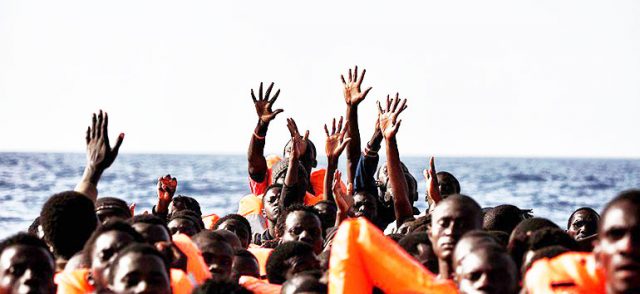
African solutions to African migration – fair trade, not more foreign aid
Overview
Since independence from British and other Western powers, the UK and other donor countries have given Africa some £600 billion in development aid, according to the World Bank and IMF reports.
Yet, instead of reducing poverty, foreign aid appears to have created a dependency culture in which some African countries now expect the donor countries and western NGO to play the role of state, proving basic services from heath to education, emergency food, clean water, sanitation and even security.
The Current situation
Despite the colossal amount of money received in aid, Africa is today a poorer, hungrier and angrier continent than it was before independence. Several humanitarian crises bear graphic witness to the perennial crises in Africa:
The future
If foreign aid has not worked in the past 60 years, it is unlikely to work in the next 60. Given that intolerable poverty and population explosion are the two revolving doors leading to mass migration, Africa will need to trade herself out of poverty and tackle population explosion at the same time.
The prerequisite actions
Promoting trade and tackling poverty cannot be a matter of will, but also action. There will need be adequate investments in social development areas such as education, health, housing, sanitation, food production food duction.
According to the 2017 UNICEF report, ‘Dividend or Disaster, the “three key issues for investment are: health care, education, and the protection and empowerment of women and girls. Concretely, Africa will have to add 5.6 million new health workers and 5.8 million new teachers by 2030 to meet minimum international standards in health care and best practice targets in education due to the rapidly growing population… Educating women is one of the fastest ways to reduce poverty and fertility.” https://www.unicef.org/media/media_101150.html
There will also need to be adequate investments in economic infrastructures, especially power generation and distribution to run schools, hospitals and factories.
The rule of law
Promoting trade, tackling population exposition and developing social and economic infrastructures cannot be achieved in a vacuum filled by the law of the jungle and corruption.
Africa will have to unscrupulously promote the rule of law, which protects or punishes everyone regardless their social status, nationality, gender, religion, tribe or ethnicity.